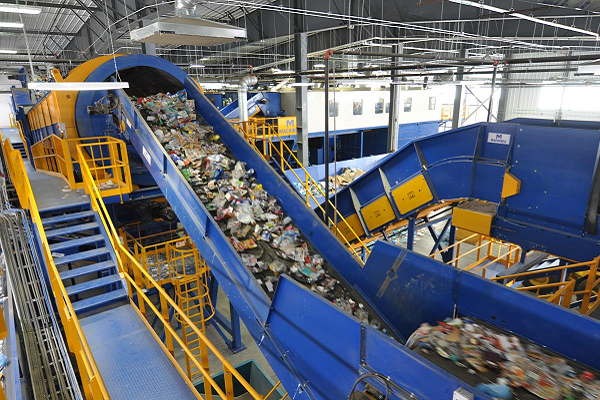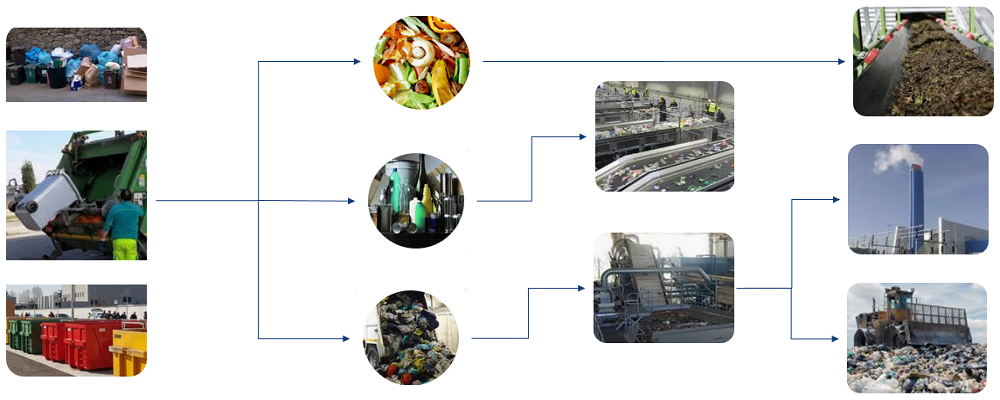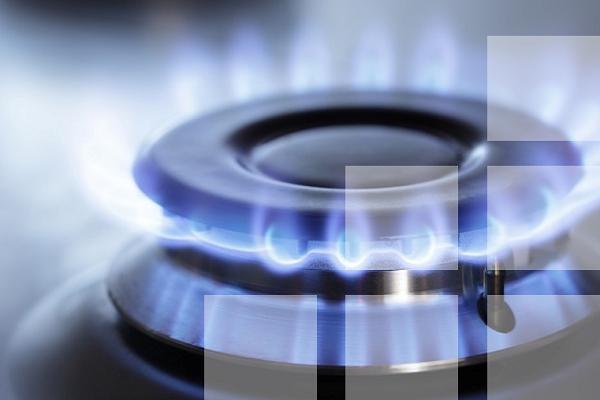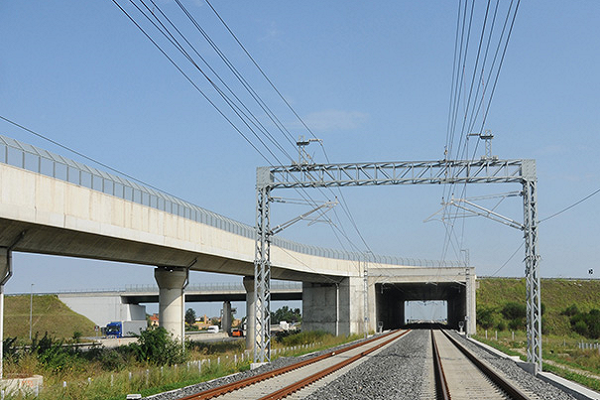(Italiano) Misurare gli obiettivi di economia circolare nei centri urbani. Classifica Italiana delle città più circolari e primi confronti a livello Europeo
(Italiano) Circular Capacity: stima del fabbisogno impiantistico per il piano nazionale di gestione dei rifiuti (urbani)
Sorry, this entry is only available in Italiano. For the sake of viewer convenience, the content is shown below in the alternative language. You may click the link to switch the active language. Circular Capacity: stima del fabbisogno impiantistico per il piano nazionale di gestione dei rifiuti (urbani) Instant paper Con le nuove Direttive UE/2018/851 […]
Urban solid waste management regulation
(Italiano) Rapporto annuale del CESISP sulla regolazione del servizio di gestione rifiuti urbani. Il ruolo di ARERA e la governance multi livello del settore rifiuti urbani. Introduzione al nuovo MTR nuovo metodo tariffario, il piano finanziario e la TARI.
The impact of a gain-sharing cost-reflective tariff on waste management cost under incentive regulation
(Italiano) Impatto della regolazione tariffaria sul costo di gestione dei rifiuti urbani in Italia
Integrated waste cycle regulation and ARERA functions
(Italiano) Con la legge 205/2017, ARERA è chiamata a «migliorare il sistema di regolazione del ciclo dei rifiuti, compresi differenziati, urbani e simili». Allo stesso tempo, le direttive europee sull’economia circolare, nel luglio 2018, promuovono un processo di trasformazione nel modo di progettare il ciclo dei rifiuti e, di conseguenza, di concepire la sua organizzazione e disciplina
Resolution 443/2019/R/Rif
Definition of the criteria for the recognition of efficient operating and investment costs of the integrated waste service, for the period 2018-2021.
The provision defines the criteria for the recognition of efficient operating and investment costs for the period 2018-2021, adopting the Tariff Method for the Integrated Waste Management Service (MTR)
Improving efficiency in the MSW collection and disposal service combining price cap and yardstick regulation: The Italian case
Municipal solid waste collection and disposal service is a key element of the European strategy aimed at moving towards a circular economy. An efficient municipal solid waste collection and disposal is closely related to both lower waste tax and higher welfare of the interested population. In Italy, the lack of a centralized regulatory framework has determined heterogeneous performances of sector operators across the country. Firstly, we estimate the productive efficiency in different optimal territorial areas and secondly we forecast the economic benefits that would arise under a new regulatory regime. Our approach combines the well-known yardstick competition and the price-cap mechanisms. Results suggest that if all territorial areas converged to the most efficient ones, a potential saving between 12% and 19% emerges, i.e., up to €2bn savings out of €10.05bn total tax revenue in 2015, the reference year.
Taking the reform of gas distribution to the point
Author Ing. Silvio Bosetti Title Taking the reform of gas distribution to the point Abstract Natual gas is a key energy source for Italy and it is a very important sector in the supply chain.
An analysis of air market trends in Europe. The Alitalia paradox: any solution?
Title An analysis of air market trends in Europe. The Alitalia paradox: any solution? Author Riccardo Toso Abstract The following study wants to analyse the economic and managerial causes which have affected Italian carrier, Alitalia, in the last years. From the niche literature, some further evidence on its economic impact is provided: why the air […]
(Italiano) La storia di Italo e i benefici della concorrenza nell’Alta velocità ferroviaria
Sorry, this entry is only available in Italiano. For the sake of viewer convenience, the content is shown below in the alternative language. You may click the link to switch the active language. Autori Andrea Giuricin e Roberto Tosatti Abstract Lo scopo di questo studio, suddiviso in tre diverse parti, è quello di rappresentare l’evoluzione […]
(Italiano) Vendere, chiudere o ristrutturare? I possibili esiti della gestione commissariale di Alitalia
Sorry, this entry is only available in Italiano. For the sake of viewer convenience, the content is shown below in the alternative language. You may click the link to switch the active language. Autore Ugo Arrigo Abstract Lo studio ha l’obiettivo di analizzare le prospettive di soluzione della crisi di Alitalia e di valutare le […]
The new crisis of Alitalia and the prospects for a solution
This study uses the information available as of 30.04.2018. It will be updated according to future availability of relevant data and information. The first part of the study examines the characteristics of the Italian air transport market in the period 2004-2016 and the role played by Alitalia in it. It also analyses the main economic […]










